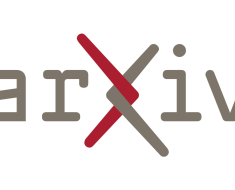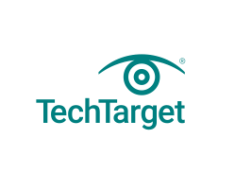The advent of artificial intelligence (AI) has seen unprecedented advancements in various sectors, including healthcare. Recent studies have highlighted the potential of Large Language Models (LLMs), a subset of AI, to enhance diagnostic accuracy and decision-making processes in healthcare, outperforming primary care physicians in several aspects.
The Power of LLMs in Healthcare
A comparative study analyzed the diagnostic accuracy, conversation and communication skills, clinical exam skills, empathy, and management plan of LLMs with those of 20 primary care physicians across 149 case scenarios. The results were revealing, as LLMs demonstrated superiority in various aspects of healthcare, suggesting a promising future for AI in healthcare.
Another study from Mass General Brigham trained generative AI models to identify social determinants of health (SDOH) in doctors’ notes, which are often underdocumented in existing Electronic Health Records (EHR) data. The finely tuned models managed to identify nearly 94% of patients with an adverse SDOH, outperforming traditional methods. The team used both manual training and ChatGPT to generate synthetic examples, drawing a comparison with OpenAI’s GPT-4. The results indicated that more specialized models were less prone to bias, despite larger models like GPT-4 being more expensive and less accessible.
Articulate Medical Intelligence Explorer (AMIE)
Google has also developed a large language model AI system called Articulate Medical Intelligence Explorer (AMIE), trained to conduct medical interviews and diagnose conditions based on patients’ medical history. In trials, AMIE outperformed board-certified primary care physicians in diagnosing respiratory and cardiovascular conditions. It matched their performance in information acquisition and ranked higher in terms of empathy. Beyond its training, AMIE was tested with simulated patients and demonstrated superior conversation quality and diagnostic accuracy across six medical specialties. The team behind AMIE is now considering potential biases and ethical requirements for testing the system with real patients.
AI and Machine Learning in Specialized Healthcare
AI’s prowess extends beyond primary healthcare, making strides in specialized fields such as arthroscopy. Numerous articles and commentaries discuss the transformative impact and challenges of using AI and machine learning in healthcare, including the use of AI chatbots and the risk of generating fraudulent but authentic-looking scientific medical articles.
Patient Involvement in AI Development
While these advancements in AI are promising, it’s crucial to ensure that patients are included in the development and integration process. AI tools should be designed with a patient-centric approach, emphasizing transparency, accuracy, and empathy. This will help build trust in AI-powered healthcare services and ensure that the technology serves the best interests of the patients.
Conclusion
Large Language Models are revolutionizing the healthcare industry, demonstrating superior diagnostic accuracy and decision-making capabilities. As the technology continues to evolve, it’s crucial that ethical considerations and potential biases are carefully addressed. With patient involvement in development and integration, AI can indeed transform healthcare into a more efficient, empathetic, and precise sector.





